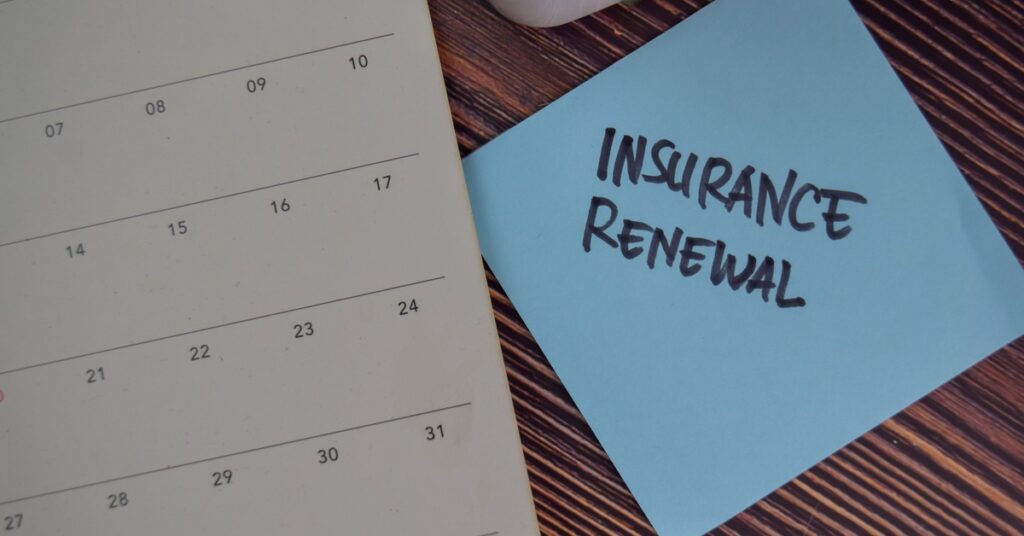Preparing Your Fleet for New California Emissions Rules
 Read MorePreparing Your Fleet for New California Emissions Rules
Read MorePreparing Your Fleet for New California Emissions Rules Read MorePreparing Your Fleet for New California Emissions Rules
Read MorePreparing Your Fleet for New California Emissions Rules Read MoreAn Overview of Scheduled Personal Property Coverage
Read MoreAn Overview of Scheduled Personal Property Coverage Read MoreHow To Prepare for Your First Auto Insurance Renewal
Read MoreHow To Prepare for Your First Auto Insurance Renewal Read MoreHow Local Insurance Expertise Helps Ensure Better Protection
Read MoreHow Local Insurance Expertise Helps Ensure Better Protection Read MoreThe Differences Between Professional & Product Liability
Read MoreThe Differences Between Professional & Product Liability Read MoreClass B RV vs. Pop-Up Camper: Which Needs More Coverage?
Read MoreClass B RV vs. Pop-Up Camper: Which Needs More Coverage? Read MoreReasons Why Your Car Insurance Premium Might Suddenly Go Up
Read MoreReasons Why Your Car Insurance Premium Might Suddenly Go Up Read MoreThe Importance of Comparing Homeowners Insurance Quotes
Read MoreThe Importance of Comparing Homeowners Insurance Quotes Read MoreHow Long Can You Stay on Your Parent’s Car Insurance?
Read MoreHow Long Can You Stay on Your Parent’s Car Insurance? Read MoreSR-22: What It Is and Who Needs To Get One
Read MoreSR-22: What It Is and Who Needs To Get One